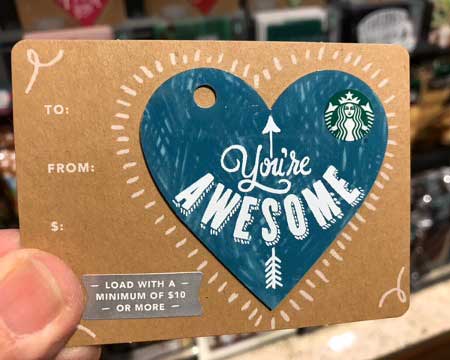We can all remember the first time someone said, “I love you.” (We can also painfully remember when someone didn’t respond that way).
We are created to be known. From the early playground experiences of “Mommy, mommy, look at me,” to the moment you discovered the pretty girl knew your name.
“To be loved but not known is comforting but superficial. To be known and not loved is our greatest fear. But to be fully known and truly loved is, well, a lot like being loved by God. It is what we need more than anything.”
Timothy Keller

Being known means we’re valued, seen as special. Being known validates who were are, that we have worth.
There is no place this is more evident than in the greeting card aisle at your local supermarket or drug store.
You’ll notice that Valentine’s Day cards are grouped into “known” sections labeled “For my husband,” “For my wife,” “For my daughter… son…”
If we can stop thinking like radio people we might discover that our format is ultimately about being known.
People don’t tune to our format because of what we are, they do so because of who they are.
If we really, really embraced that idea, it can transform the relationship with our listeners.
What if this programming lesson from Valentine’s Day taught us… that instead of focusing on all the radio stuff listeners don’t really care about, we focused on affirming our listeners in the most important aspects of their lives.
Known for being a good mom.
Known for being a good kid.*
A good husband. A good neighbor. A good friend.
“I’m pretty sure we never outgrow the need to be reassured, to be reminded we matter enough for someone to be there for us. In fact, the older we get (the more we’ve been rejected, disappointed, abandoned and deserted), the more we long for someone, anyone, to do what they said they’d do, keep faith with us and honestly care about our well-being.
People remember when you catch them and when you don’t.”
Mark Beeson
(*That’s what Family Name Game™ is all about).
